Upto December 1994 international trade in merchandise was guided by the rules and provisions of the General Agreement on Trade and Tariff (GATT). The GATT rules, however, did not work effectively to absorb the complexities of world trade which had been growing steadily both in terms of commodity coverage and the nature of regulators. Moreover, the GATT did not cover trade in services which was assuming extreme significance to number of countries, because of transnationalisation of finance and capital and the expanding volume of merchandise. Agriculture too was outside the GATT purview. After the 8 years long pre-WTO Uruguay round, the world economic community was called upon to take a very comprehensive view of trade and trade-related issues and to devise an equally comprehensive package of trade practices, rules and instrumentalities to be adhered to by the trading partners, to obviate unfair trade practices. As a result, on January 1, 1995, just after the most comprehensive but the most contentious GATT trade round was concluded, the first and most powerful world trade regulating agency, named, World Trade Organisation (WTO) came into existence. India is one of its founding members country. The WTO is the umbrella organization responsible for overseeing the implementation of all agreements that have been negotiated just before it came into existence or those that will be negotiated in future. It is also responsible for the settlement of disputes among its members. Further, periodic review of the trade policies would also be initiated under the auspices of WTO. Until 1994 Agriculture was outside of the GATT purview. The original GATT applied to trade in agriculture also, but it allowed various exceptions to the rules on non-tariff measures and subsidies on industrial products. The GATT rules also allowed countries to resort to import restrictions in the agriculture sector under certain conditions to enforce measure to effectively limit domestic production. This resulted in a proliferation of impediments to world agriculture trade. In this authors have discussed challenges posed by the WTO and ways to overcome these challenges in India.
WTO and The Agriculture
In stock
Free & Quick Delivery Worldwide
reviews
Bibliographic information
Title
WTO and The Agriculture
Author
Edition
1st ed.
Publisher
ISBN
8186771743
Length
xxii+293p., Figures; Tables; References; Index; 25cm.
Subjects

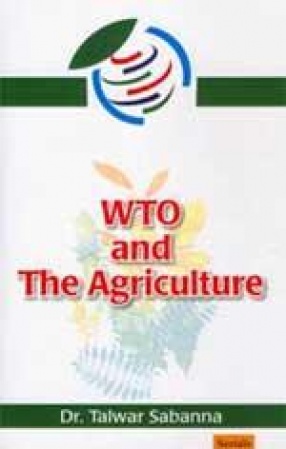
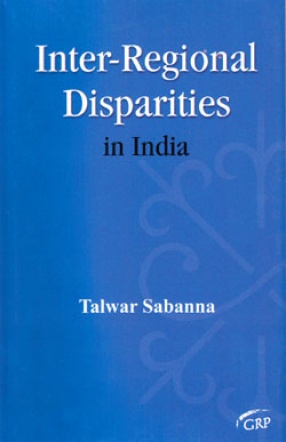
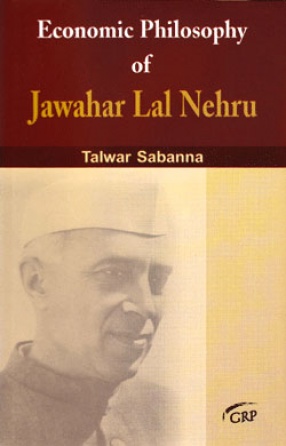
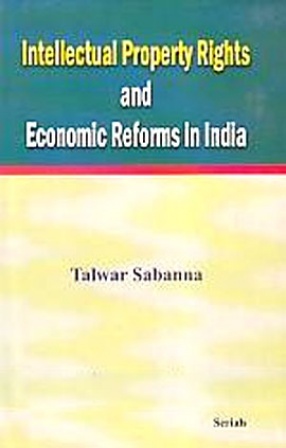

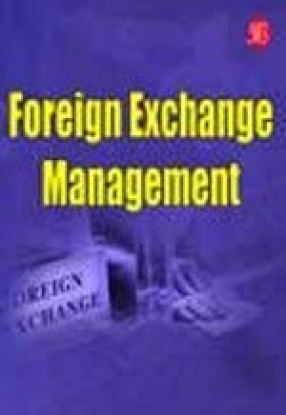
There are no reviews yet.